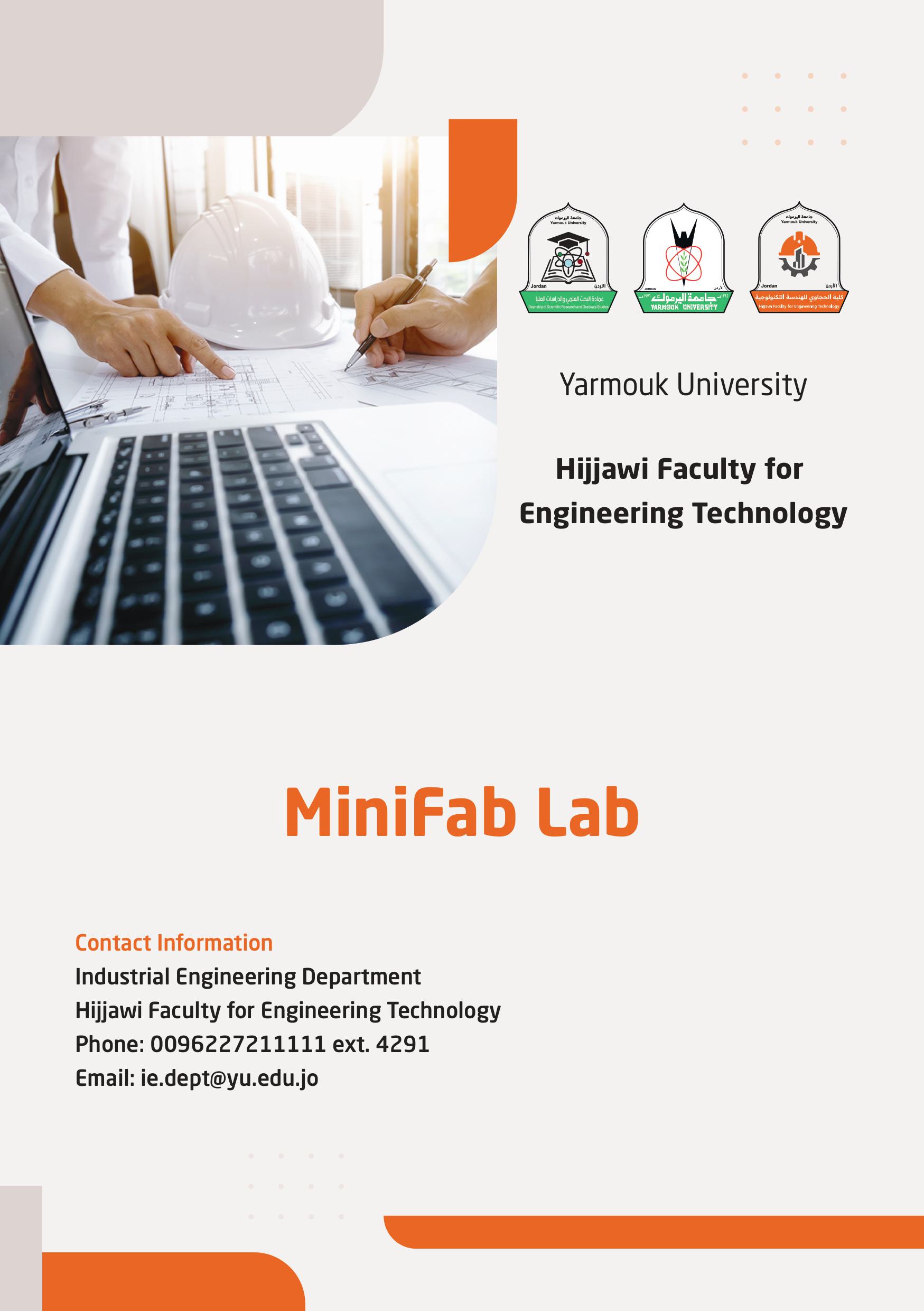Research Labs at Hijjawi Faculty
At the Hijjawi Faculty for Engineering Technology, research is at the heart of innovation and academic excellence. The faculty proudly hosts a dynamic collection of research laboratories, each dedicated to exploring cutting-edge technologies and providing practical solutions to real-world challenges. These labs are central to fostering a research-driven culture, enhancing student and faculty collaboration, and contributing to both national and global scientific advancement.
The research labs serve as hubs for interdisciplinary investigation, advanced experimentation, and industry collaboration—empowering students, faculty, and researchers to push the boundaries of engineering and applied sciences. From renewable energy and robotics to communication systems and biomedical technologies, each lab is equipped with specialized tools and expert guidance to support impactful research and innovation.
Whether you're a student seeking hands-on experience, a faculty member conducting high-impact research, or an industry partner looking for collaboration, our research labs offer a platform where ideas turn into breakthroughs.
MiniFab Lab
The MiniFab Lab is located in the manufacturing materials and processes lab in the Industrial Engineering Department at the Hijjawi Faculty for Engineering Technology. The MiniFab is found by a generous funding by the Erasmus+ program under the BITTCOIN-JO project. The lab provides a venue at which the students are encountered with state-of-the-art technology that might be hard to have access to in normal conditions. The lab is used for both teaching and research and is available for all university students interested in prototyping and innovative ideas that support their entrepreneurship skills. Many experiments have been held in the MiniFab lab and it has been also used for research projects at which it supported having a collaborative learning environment and supported students and researchers’ projects. Moreover, the lab reduces the need for large investments as it can be used for building and testing small-scale products.





Instrumentation and Sensory Systems Development Lab
The Instrumentation and Sensory Systems Development research lab is dedicated to developing advanced sensory systems that leverage diverse sensing principles for a wide range of applications. Our work spans biomedical, environmental, and electrical domains, with a focus on creating innovative instrumentation that can accurately measure and monitor critical parameters. By exploring emerging sensing technologies, we aim to push the boundaries of what is possible in areas like medical diagnostics, environmental monitoring, and industrial process control. Our multidisciplinary team combines expertise in fields such as materials science, physics, chemistry, signal processing, and systems engineering to deliver practical, high-performance sensing solutions that address real-world challenges. Through continuous research and development, we are committed to advancing the state of the art in instrumentation and sensory systems.
Designing Electronic Systems and Sensors Lab
The Designing Electronic Systems and Sensors Lab is an applied Lab where experiments are conducted that are related to measuring samples that are application-dependent for the project's objectives. Various sensors are utilized and developed, calibrated, and integrated into an electronic circuit system to create a cost-effective device with user-friendly functionality.
Applications include encompass medical, biological, and environmental problem-solving domains.
Research collaboration extend across the Chemistry and Biology departments, the Medical and Pharmacy colleges, and Electrical Engineering in all its specializations.
Dr. Yusra Obeidat oversees the project, fostering research relationships and hiring research assistants as needed.















Biomedical Engineering Labs
The Department of Biomedical Systems and Informatics Engineering at the HijjawiFaculty for Engineering Technology contains several research labs and devices.
Biomedical Electronics Lab: Work in the field of biomedical optical electronics using discrete components.
Biomaterials and Biomechanics Lab: Research related to biomaterials and biomechanics.





Sustainable Construction Materials Lab
The Sustainable Construction Materialsresearch lab is in the Civil Engineering Department and is equipped with specialized devices and equipment for testing cement and concrete. The lab aims to support research and development in the field of sustainable building materials. It contains equipment for milling raw materials for concrete and other additives to prepare cement mixtures. Sieving devices are used to ensure the fineness of the prepared materials and to achieve the optimal composition of concrete mixtures. The lab also includes furnaces for conducting burning processes of raw materials, which help study the effect of different temperatures on the properties of concrete mixtures. Additionally, the lab has a compression machine used to study the behavior of concrete under compressive loads. The lab also possesses standard molds for casting and preparing cement and concrete samples.














